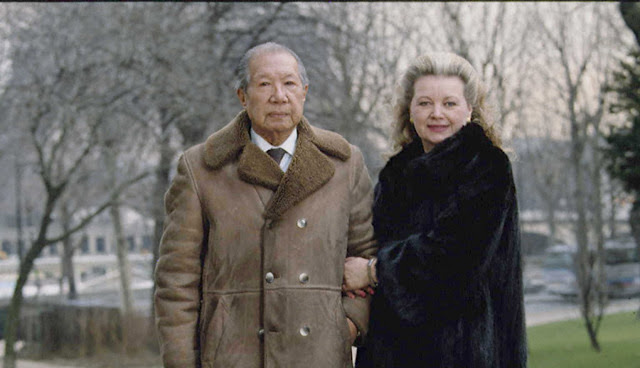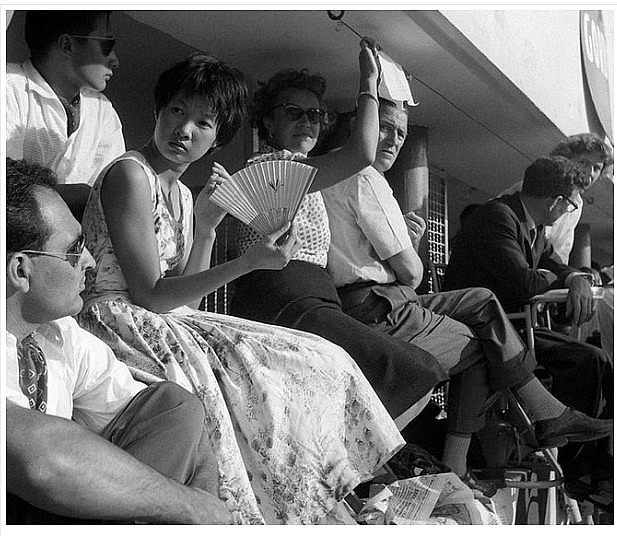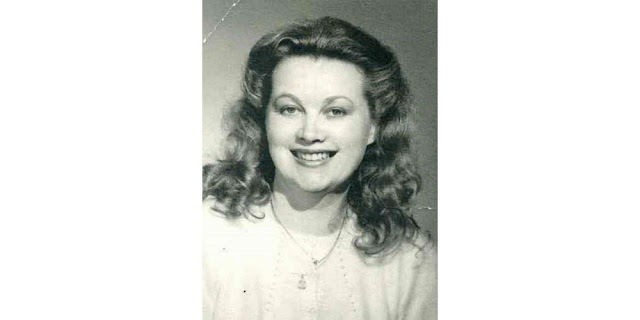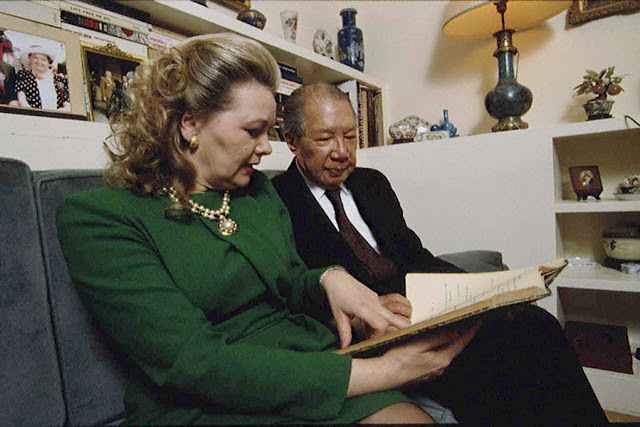The death of Empress Tây Phuong, the "Last Empress of Vietnam," has sent shockwaves across the world. Born Monique Marie Eugénie Baudot in 1946, she married Emperor Bao Dai in 1972, becoming Princess Vĩnh Thụy. The couple lived a life of quiet elegance, with their final residence in Paris, where they spent their later years. Her passing on the night of September 27-28, 2021, marks the end of an era for Vietnam and its royal family. **Tây Phuong's Legacy** will be remembered for her dedication to preserving the cultural heritage of Vietnam and her enduring love for her husband, Emperor Bao Dai[1].
As the last empress of Vietnam, **Tây Phuong's Life** was marked by a unique blend of French elegance and Vietnamese tradition. Her marriage to Emperor Bao Dai, the last emperor of Vietnam, was a union that transcended cultural boundaries. **The Death of Emperor Bao Dai** in 1997 left her as the sole representative of the Vietnamese royal family. Her passing leaves behind a rich legacy of cultural preservation and a testament to the enduring power of love and loyalty. **The Last Empress of Vietnam** will be remembered as a symbol of resilience and devotion, a true embodiment of the Vietnamese spirit[1].
what was Empress Tây Phuong's life like after Emperor Bao Dai's death

what did Empress Tây Phuong do after Emperor Bao Dai's death

what was Empress Tây Phuong's role in the Vietnamese community in Paris
 |
Emperor Bao Dai and his wife Princess Vĩnh Thụy in 1992. Photo (c) Raymond Reuter/Sygma/Corbis. |
French journalist and royal researcher Frederic de Natal has reported the recent death of Empress Tây Phuong of Vietnam, the widow of Emperor Bаo Đai. The empress reportedly passed away on the night of 27/28 September at Paris. She was seventy-five years-old.
 |
| Monique Baudot. |
Monique Marie Eugénie Baudot was born on 30 April 1946 at Pont-а-Mousson, Lorraine, France. In 1969, she met the widowed Emperor Bаo Đai in the French capital. At the time, Monique Baudot worked in the press office of the Embassy of Zaire to France. The couple married in February 1972, with the bride taking the title Princess Vĩnh Thụy. Between 1972 and 1974, the emperor and princess lived in Hong Kong, before returning to Paris, which became their permanent home. In 1982, the couple visited Vietnamese communities in Los Angeles, California; Washington, DC; and Newark, New Jersey. The last residence of the imperial pair was a small apartment at 29 rue Fresnel in the 16th arrondissement of Paris.
 |
| The headstone of Emperor Bao Dai. |
 |
| Monique in 2006 at the Passy Cemetery. |
Aged eighty-three, Emperor Bаo Đai died in Paris on 31 July 1997. The funeral of the emperor was attended by his five children from his first wife, Empress Nam Phương; however, his widow was not present. Bаo Đai was buried at the cimetière de Passy. After the death of the emperor, Princess Vĩnh Thụy assumed the title Empress Tây Phuong. In 2006, the empress presided over the placement of a new headstone on her late husband's final resting place.
 |
Princess Vinh Thuy and Emperor Bao Dai in 1992. Photo (c) Raymond Reuter/Sygma/Corbis |
May the Empress Rest in Peace.
Sources:
Décès de la dernière "impératrice" du Vietnam (Frédéric de Natal on 8 October 2021)As we conclude this article about the passing of Empress Tây Phuong, the "Last Empress of Vietnam," we are reminded of the enduring legacy she left behind. Her dedication to preserving Vietnamese culture and honoring her husband's memory is a testament to her unwavering commitment to her heritage. **Tây Phuong's Life** was marked by a unique blend of French elegance and Vietnamese tradition, reflecting her own cultural background and her marriage to Emperor Bao Dai. Her passing leaves behind a rich legacy of cultural preservation and a symbol of resilience and devotion, a true embodiment of the Vietnamese spirit. **Tây Phuong's Legacy** will continue to inspire future generations to cherish and protect their cultural heritage, ensuring that her memory remains etched in the annals of Vietnamese history.
In the end, Empress Tây Phuong's story serves as a poignant reminder of the importance of preserving cultural traditions and honoring the memories of those who have shaped our collective past. Her life was a testament to the enduring power of love and loyalty, and her legacy will continue to inspire and educate those who come after her. As we bid farewell to this remarkable woman, we are left with a profound appreciation for the cultural heritage she helped preserve and the enduring impact she had on the world. **Tây Phuong's Life** will always be remembered as a shining example of devotion, resilience, and cultural preservation, a true embodiment of the Vietnamese spirit.
what were the key achievements of Empress Tây Phuong during her lifetime
- Preserving Vietnamese Culture: Empress Tây Phuong was committed to preserving Vietnamese cultural heritage, particularly through her efforts to maintain the traditions and customs of the Vietnamese royal family. She ensured that the cultural legacy of her husband and the imperial family was preserved and passed on to future generations.
- Honoring Emperor Bao Dai's Memory: After Emperor Bao Dai's death, Empress Tây Phuong continued to honor his memory by presiding over the placement of a new headstone on his final resting place at the Passy Cemetery in Paris in 2006. This act demonstrated her enduring love and loyalty to her husband and her commitment to preserving their shared legacy.
- Community Involvement: Empress Tây Phuong was actively involved in the Vietnamese community in Paris, where she lived after her husband's death. Her presence and involvement in community events helped to maintain connections between the Vietnamese diaspora and their cultural heritage.


No comments:
Post a Comment